Description
The Bread of Those Early Years by Heinrich Bell was published in 1954. Heinrich Bell recounts post-war issues and the effects of famine in The Bread of Youth And depicts hunger on a young man.
He narrates the bitter and dark days after the war that affect people’s lives in a readable and compelling story, and shares today’s reader with the sufferings of twentieth-century Europe.
Summary of The Bread of Those Early Years
This is the story of a young boy who lives in the post-war era and spends his time repairing a washing machine. He has been coming to the city alone since he was sixteen as an intern and longs for fresh bread. The soul and body of this boy are hungry and his behavior is a sign of the dark and hard times of a ruined society.
This character takes the string of words and takes the reader with him to the ups and downs of the story and confronts him with real suffering.
He mixes the past and the present and tells about his childhood and memories with his father and introduces the reader to different aspects of his life. In the midst of the turmoil of his life, which is the result of war and killing, this young man falls in love with a girl and sees her as superior to any bread.

About the author of The Bread of Those Early Years
Heinrich Bell was born on December 21, 1917 in Cologne. At the age of twenty, after graduating, he worked in a bookstore, but the following year, at the beginning of World War II, he was called up for military service and served on the battlefield until 1945.
Although his family was opposed to the Nazis and the National Socialist Party, he initially sympathized with them. He passed away.
After the war, he studied German language and literature. In 1947, he published his first stories, and with the publication of The Train Story, he became famous in 1949;
In 1951, he won his first literary prize, winning the Group 47 Literary Prize for The Story of the Black Sheep. He traveled to Ireland in 1956 to publish the Irish Diary the following year. In 1971, he became president of the German Pen Association.
In 1972, he became the second German, after Thomas Mann, to win the Nobel Prize for Literature. Heinrich Bell announced his and his wife’s departure from the Catholic Church in 1976. He died on July 16, 1985, and his body was buried near his birthplace.
Translation of the book Bread of Young Years into Persian
The book “Bread of those years” by Heinrich Bell was translated into Persian by “Mohammad Zorufi” and published by “Nashr-e Negah” in 2017.
This work was also translated into Persian by “Mohammad Esmailzadeh” under the name of “Bread of Youth” and Ava-e-Nameh published the audio version narrated by “Arman Sultanzadeh”.
Part of the book Bread of Youth
The day Hedwig came was a Monday, and this Monday morning, before the landlady sent my father’s letter from under the door, into the room, I loved like I was still in the internship dormitory, and most of the time I would pull the blanket over my head.
But the owner of my house shouted in the hallway, “I have received a letter from you.” There was still a hint of gray when he slipped the letter into the snow white from under the door into the room. Terrified, I got out of bed in a hurry, recognizing the oval post of the railway post instead of the circular seal of the post office.
My father, who hated the telegram, had sent me only two such letters with the stamp of the railway post during the seven years I had lived alone in this city: the first letter containing the news of my mother’s death and the second letter containing the news of my father’s accident. When both legs were broken and this was the third letter;
I opened it, and when I began to read, I was relieved that my father had written: It comes there.
Please follow him, do not forget to buy him a few flower branches, be kind and good-natured to him. Try to be able to understand what such a girl would be like today;
He comes to the city alone for the first time, he does not know the street and the neighborhood where he will live and he is a stranger to him. The big railway will frighten him with its crowds around noon.
Imagine: he comes to town at the age of twenty to become a teacher. Alas, you can no longer visit me regularly on Sundays. “From the heart of the father.”
Later, I often wondered what would happen if I did not follow Hedwig to the railroad: I would enter another life, just as one would accidentally board another train. A life that at the time seemed perfectly acceptable and bearable to me before I got to know Hedwig;
Anyway, when I thought about it, I thought so. But the life that lay before us like the train on the other side of the platform, the train on which I was about to ride;
I see this life in a dream now and I know that this life, which at that time seemed tolerable to me, would turn into hell for me;
I see myself standing aimlessly in this life, I see myself smiling, I hear myself talking, just like someone who sees or hears a twin brother in a dream, smiling and talking, who has never had one. ; The twin brother, who may have been born for a short time before his sperm was destroyed.
1- Introducing the book on YouTube
2- Introducing the book in Aparat

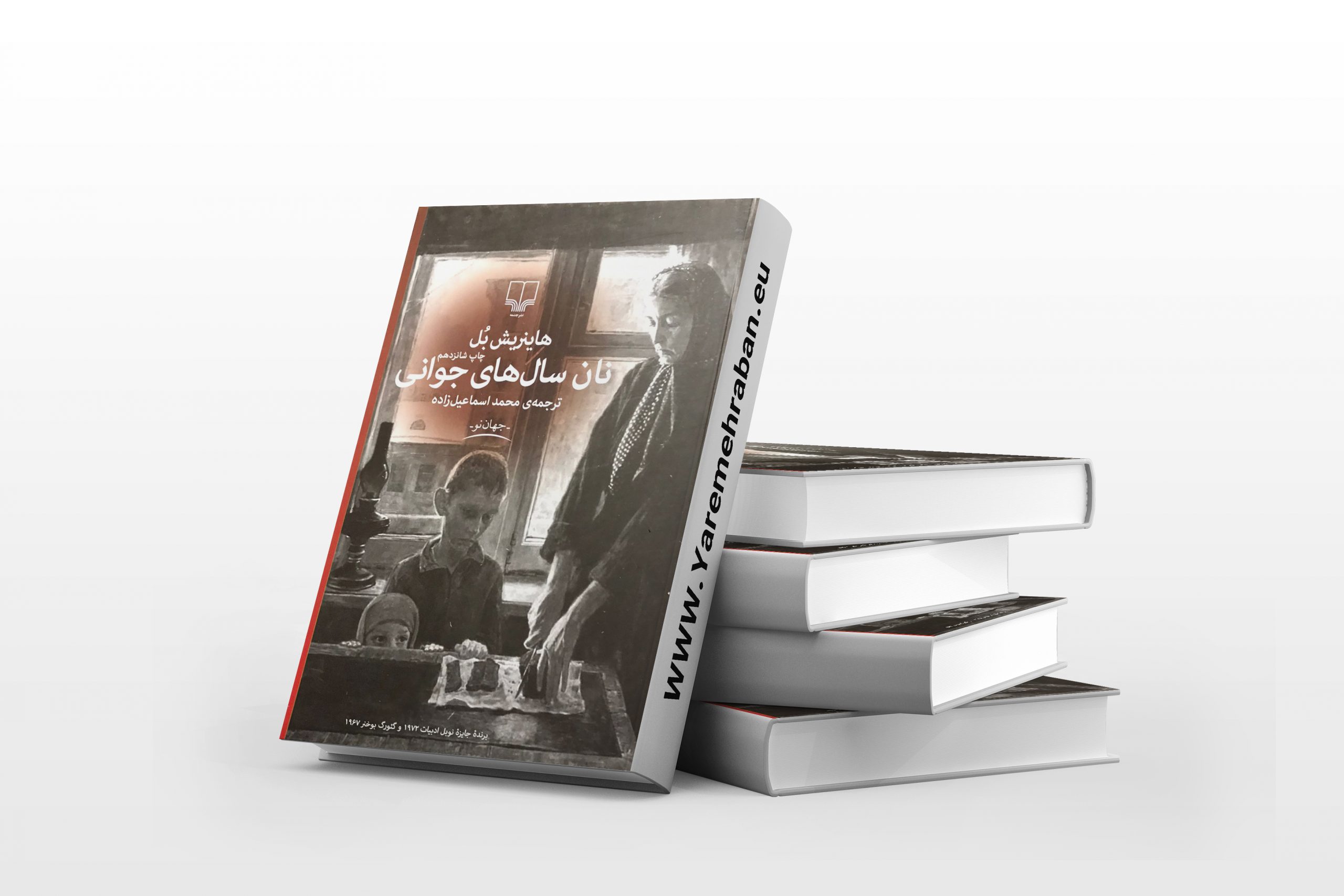

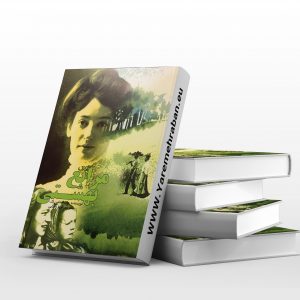


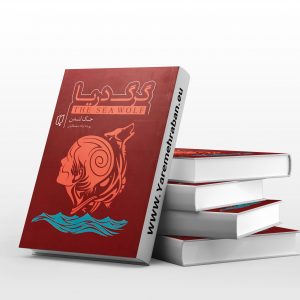
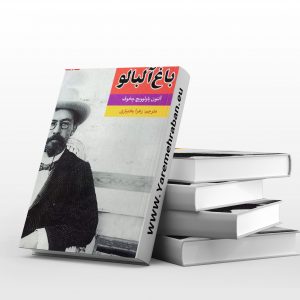

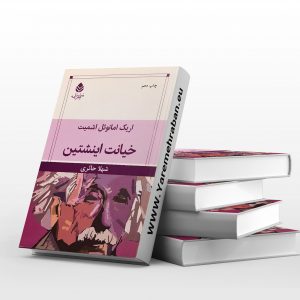
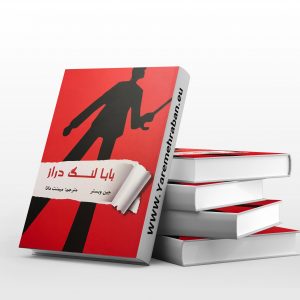
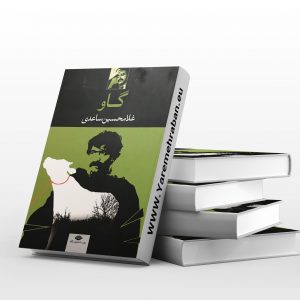
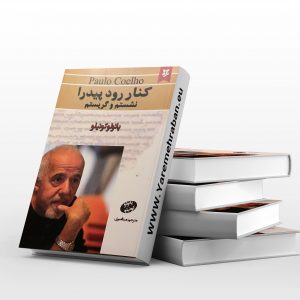

Reviews
There are no reviews yet.